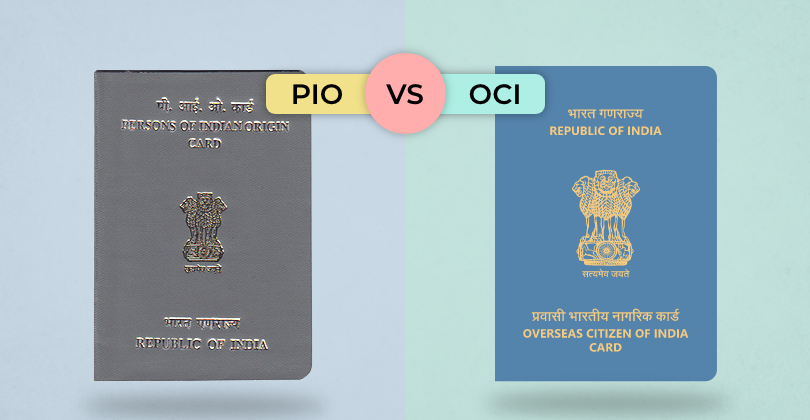Are you of Indian origin and living abroad? You've probably come across terms like PIO and OCI. These cards offer different benefits, but it can
When it comes to setting financial goals for ourselves, most of us think that it’s too ambitious. For the average Indian working professional, the general opinion around having financial goals is something like this: we’re already struggling to save money, how can you expect us to have separate financial goals and achieve them? But if you need your hard-earned money to work for you, you need to ensure it’s being used to achieve strong yet realistic financial goals. Now, it’s true that in the COVID-19 economy, the very prospect of meeting all your expenses and having some spare savings can be difficult for many. But we’ve all got to start somewhere. As the popular saying goes – you weren’t born to just pay bills and die. A savings goal can be anything – from saving up for the latest smartphone to clearing off a previous quick loan online, it’s different for different people. But it’s important to have goals and stick to them. Here are three signs where you might need to revise your money goals:
📗 Related Blog- 3 Skills You Need for Successful Personal Financial Management
1. Your Savings Account Has Too Much Money
This may seem as an impossible dream for many salaried professionals – in fact, they may not view it as a problem at all! While many of us work tirelessly, day in and day out, to ensure that our bank balance isn’t too low at any period, complaining about a large savings account balance may seem arrogant to many. But even in the world of money, there can be too much of a good thing. For example, let’s say your monthly salary is ₹50,000. In that case, you should have ₹3 Lakhs in your emergency fund. If your savings account balance has more money, you might want to consider investing that money somewhere else. Why would you let your money idle away in an account where it’s earning minimal interest?
2. Your Discretionary Spending is Going Up
We understand that meeting your financial goals can be very tough, especially if that goal involves paying down high-interest credit card bills or loan EMIs. But when you’re done paying your bills, how are you utilising all the extra income now? Now that you don’t have to worry about paying the EMIs of a quick loan online, you may be tempted to spend. Suddenly, you’re shopping for clothes on Myntra almost every week. You see nothing wrong with spending ₹22,500 at once for a new Kindle – an amount you wouldn’t dream of spending when you had a student loan! When this happens, increase your monthly savings or start a new recurring deposit – it’ll put all this extra income to good use.
3. Your Existing Money Goals are Too Easy
While a lot of you might be wondering if your money goals will ever be easy or achievable, let us remind you that it can. With every annual increment in your salary, you might forget to raise your savings goals in the same manner. For example, let’s say you were putting 25% of your monthly salary into savings. But even after a recent salary hike of 40%, this goal hasn’t changed. If that’s the case, it definitely should. As your income rises, your savings should rise with it. Either amp up your current goal(s) or create new ones.
📗 Related Blog- Top 3 Tips to Help You Gain Control of Your Finances
Wrap Up
Creating strong, achievable and realistic financial goals is a way to ensure that you’re using your hard-earned money wisely. The satisfaction that comes with meeting a financial goal – like paying off a quick loan entirely – is pretty sweet. On that note, if you ever find yourself looking to get a quick loan today, turn to KreditBee. Our entire loan application process, from profile creation to disbursal is completely online on our mobile app. You just need to download the app from Google Play, complete your profile, and relax. If you wish to learn more about our quick personal loans, please write to us at [email protected].
AUTHOR
KreditBee As a market leader in the Fintech industry, we strive to bring you the best information to help you manage finances better. These blogs aim to make complicated monetary matters a whole lot simpler.







